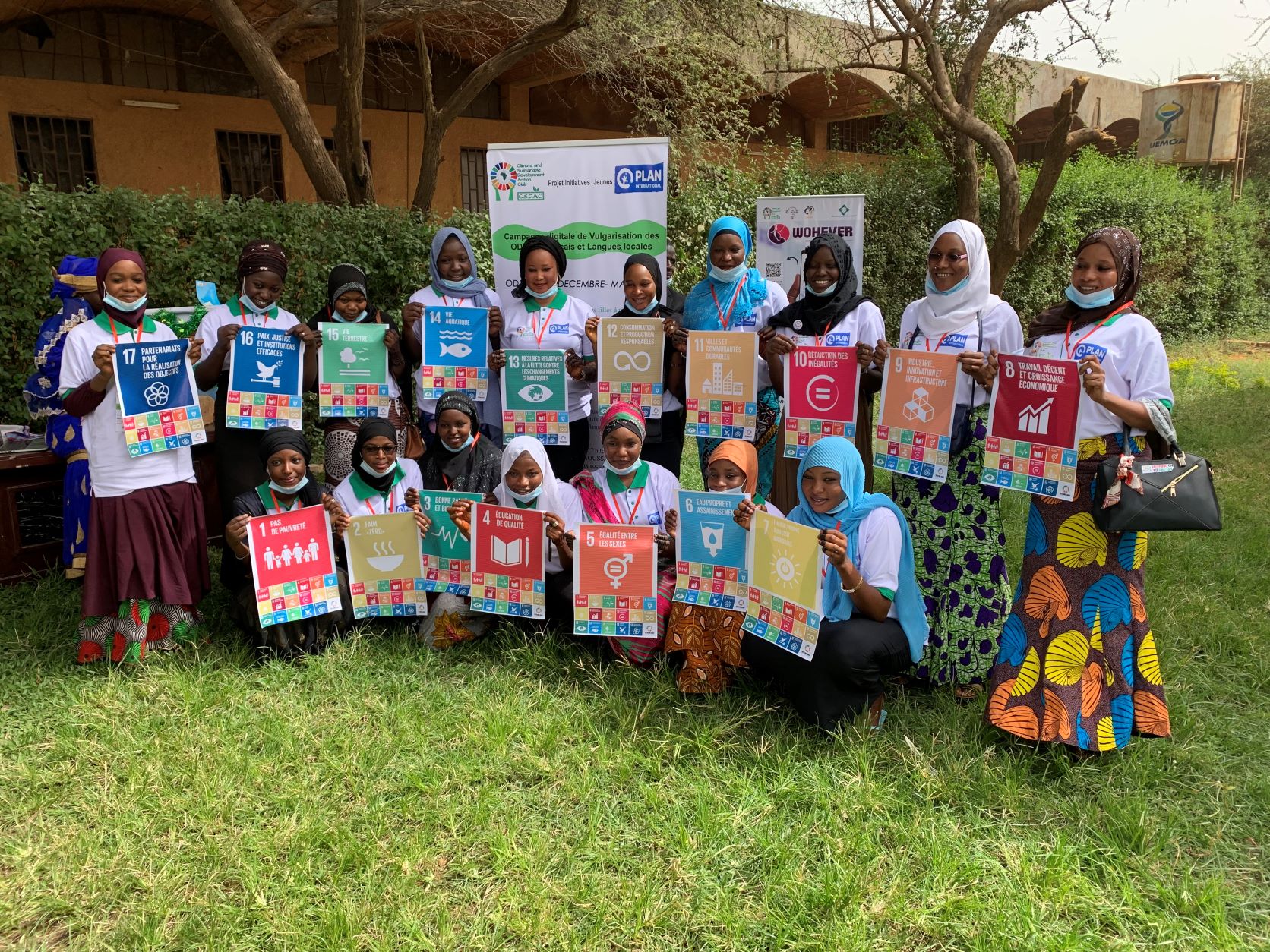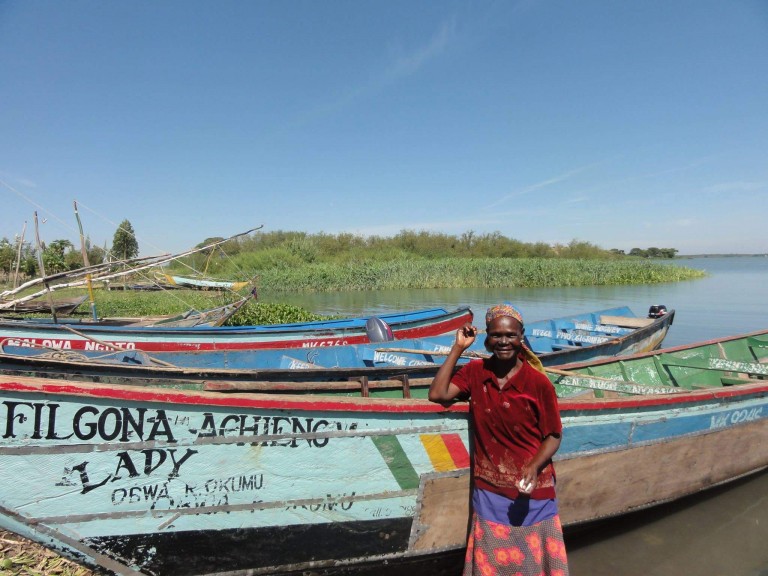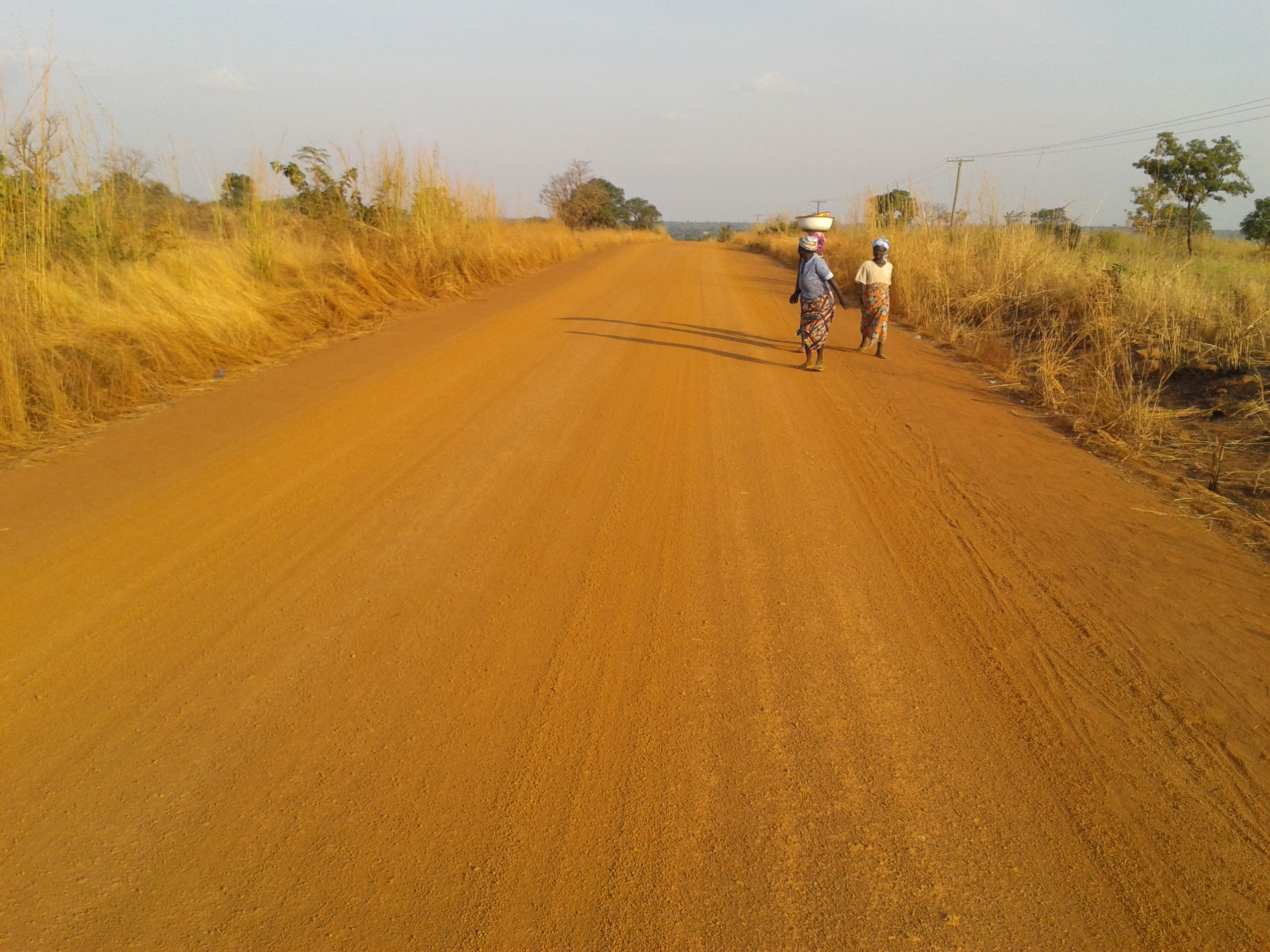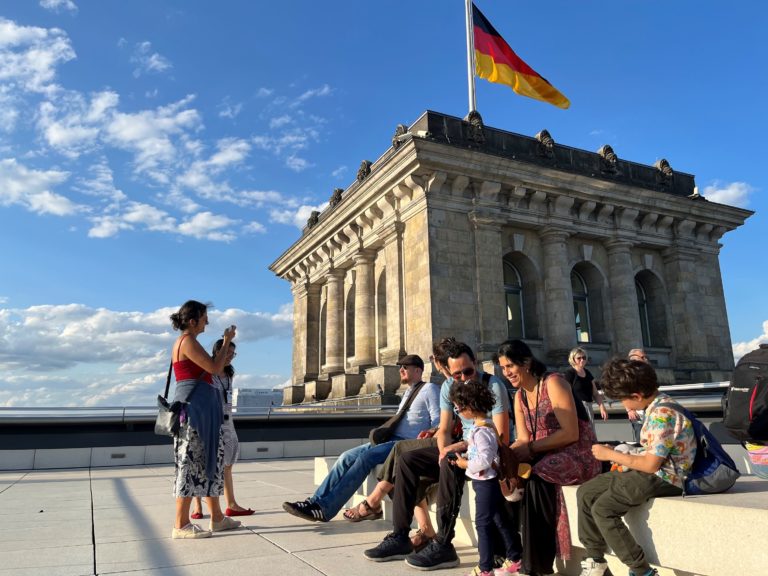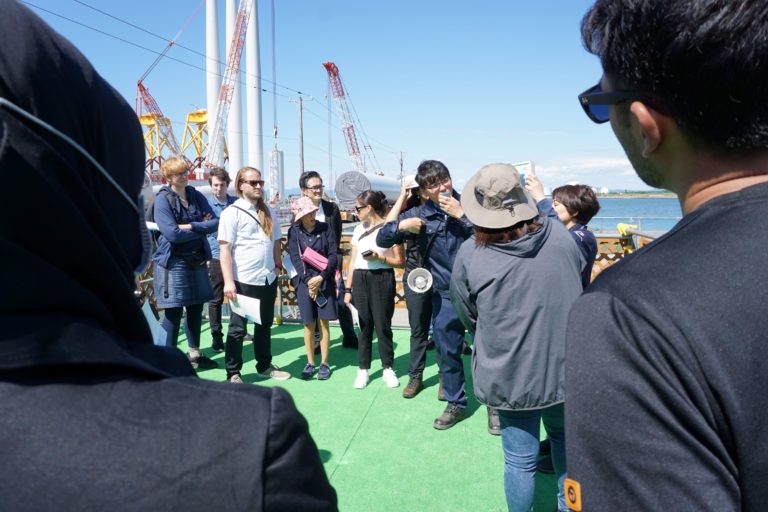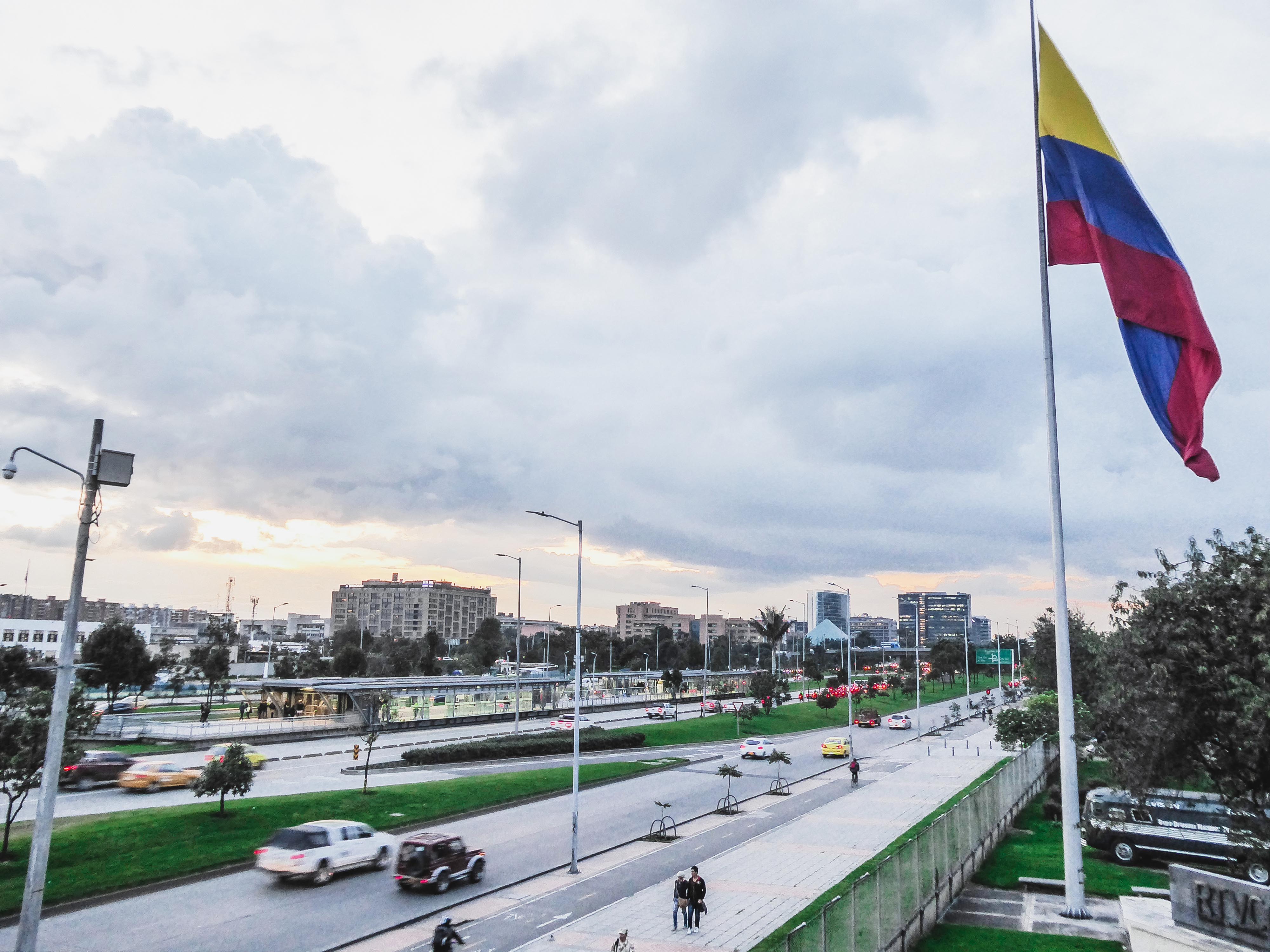CSDAC students in Niger receive funding for training 17 Nigerien women in advocacy and digital campaigning for the 17 SDGs
In December 2021, the students of the Climate and Sustainable Development Actions Club (CSDAC) were awarded another grant by Plan International West and Central Africa. The new project plans to build human capacities in advocacy and digital campaigning: Seventeen Nigerien girl-leaders will receive training on how to best disseminate and promote the 17 SDGs on social media channels in French and two local Nigerien languages.
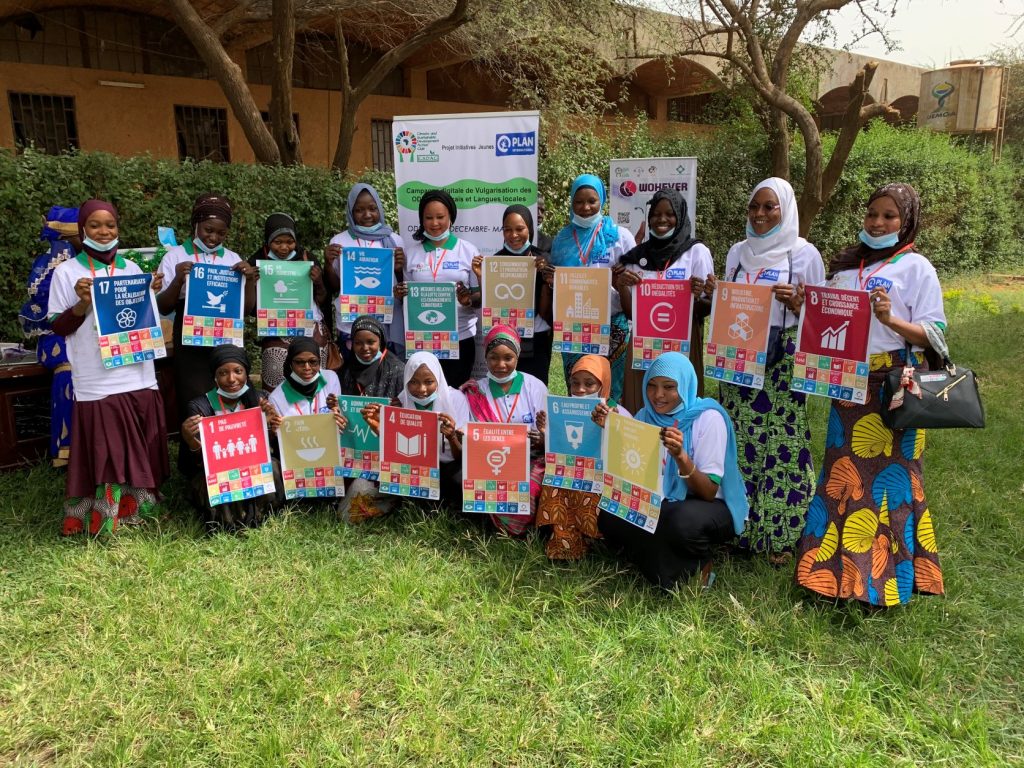
The project was officially launched at the Abdou Moumouni University of Niamey in Niger’s capital Niamey on February 21, 2022. Find the program including speakers here.
Besides several high-ranking guests, ZEF-researcher Wolfram Laube, who has been initiating and leading several Capacity Development initiatives in West Africa since 2008, gave a talk. He thanked the Abdou Moumouni University of Niamey and its rector Professor Rabani for supporting their students in their involvement beyond academic duties.
“CSDAC students show a high degree of responsibility and engagement with regard to strenghtening local communities vis à vis the challenges posed by climate change“
Laube said who talked via zoom / live stream to the in-person audience in Niamey.
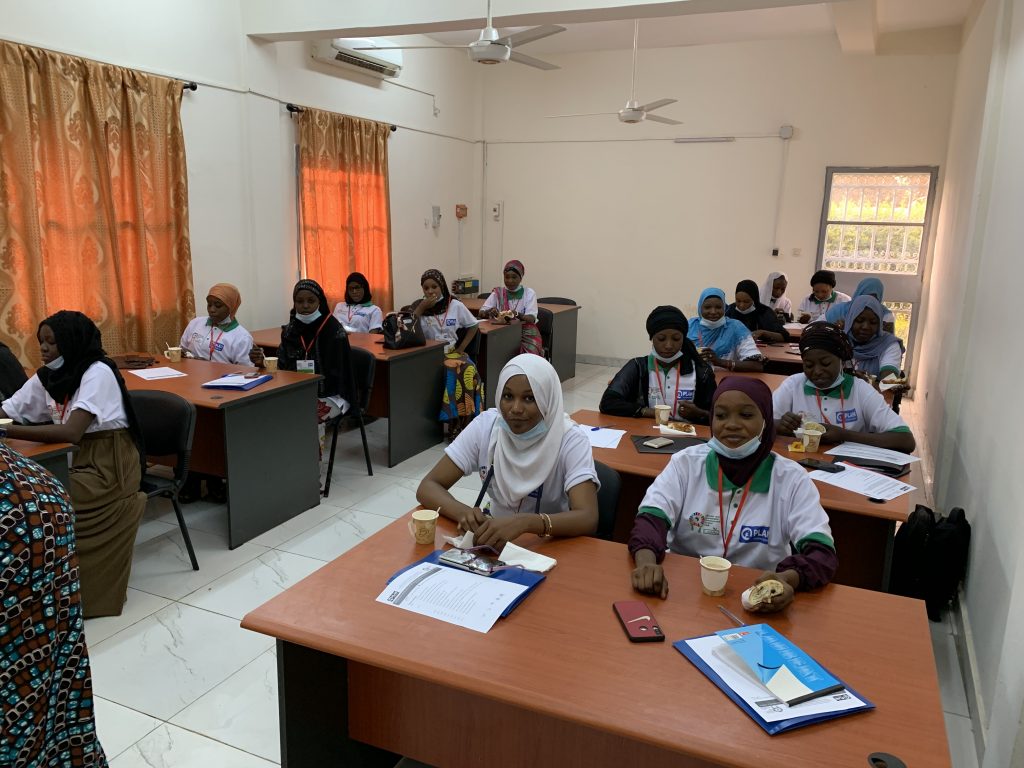
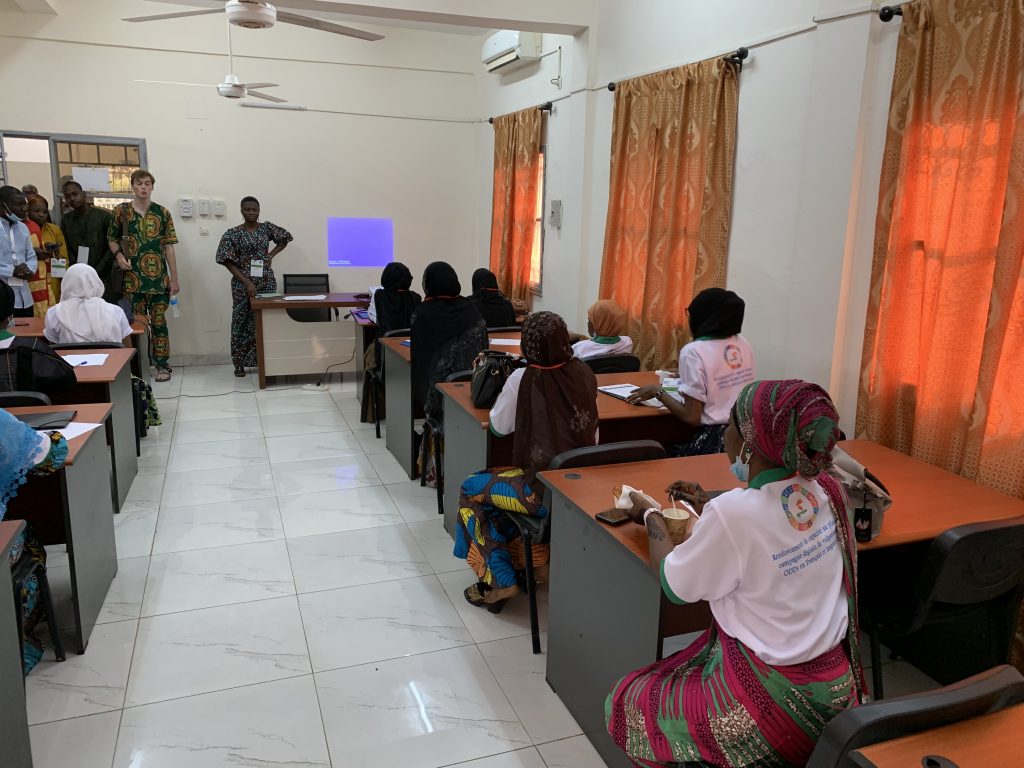
Background: What is the Climate and Sustainable Development Action Club?
The Climate and Sustainable Development Actions Club (CSDAC) was founded in 2018 by ten master students from the ZEF-led Capacity Development project West African Center for Sustainable Rural Transformation. The West African Center for Sustainable Rural Transformation is one of twelve DAAD African Centers of Excellence. ZEF runs two of these DAAD African Excellence Centers, the second one being Ghanaian-German Center for Development Studies, which ZEF has been operating since 2008. To finance their extra work, the Climate and Sustainable Development Actions Club members have been engaging in successful fund-raising activities. This has brought them several grants, e.g. two grants by Plan International West and Central Africa (Twitter account: @PlanWestAfrica).
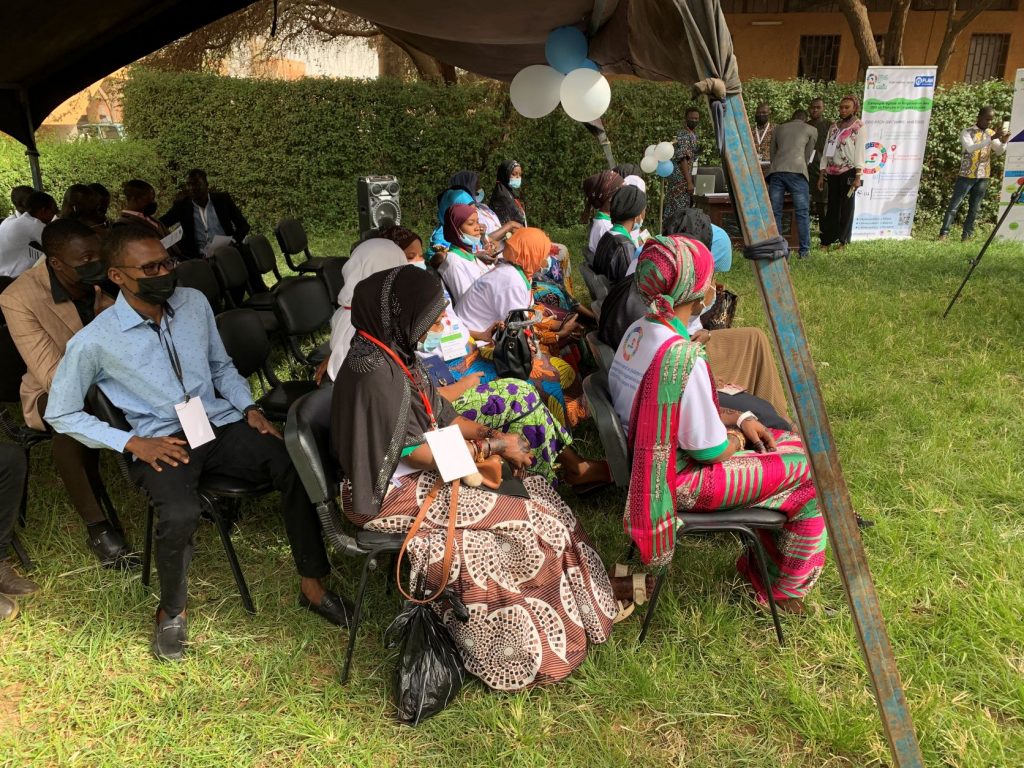
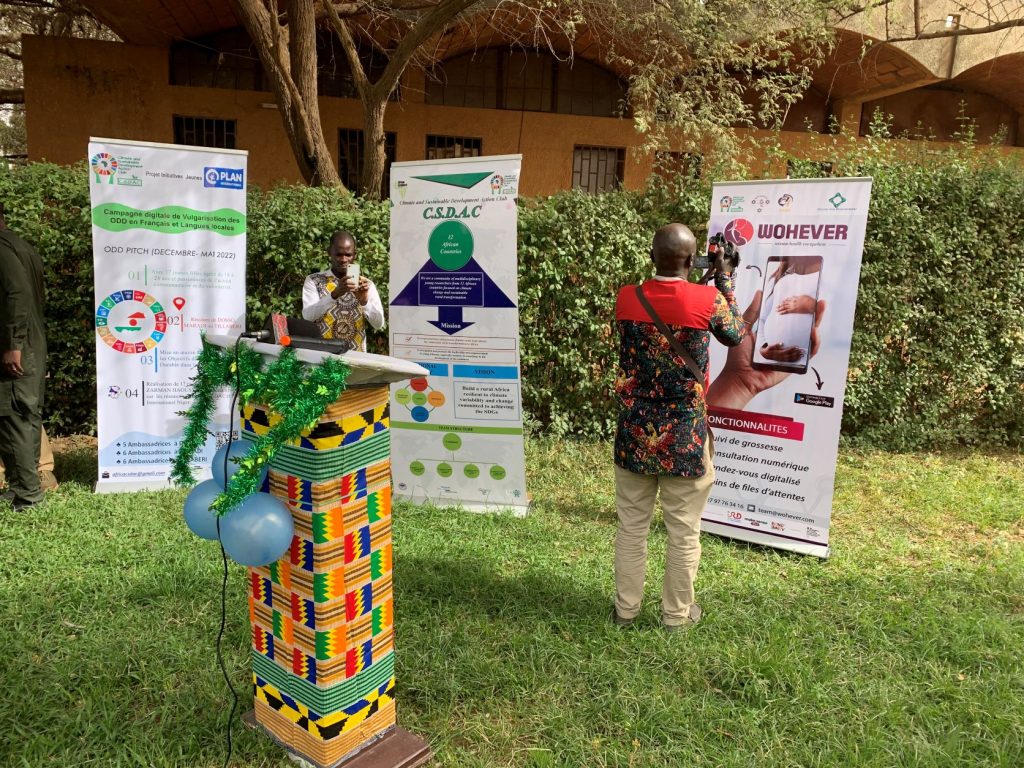
Here is (part of) their story.
The ten Master students who established the Climate and Sustainable Development Action Club mainly come from Ghana, Niger and Benin. By now, the Club has around 50 active members. It is a regional network of young professionals and students contributing to the climate change discourse and offering solutions at many levels. At the core of CSDAC’s activities have been strong commitment to enhancing local communities’ capacities and practices towards achieving the SDGs and the African Union Agenda 2063 –especially with regard to environmental protection, gender equality and climate-change resilience, adaptation, and mitigation.
What actions do the students undertake?
The Club’s members have been very active in using social media as channels of information for promoting their work. Social media, especially Facebook, are playing a key role in communications among the youth in urban and semi-urban areas in West Africa. Before and during the COVID-19 pandemic the Club members ran several awareness raising campaigns. They started information campaigns about preventive measures against the SARS CoV-2 virus, such as how to use personal hygiene practices and observe social distancing rules. They also informed about the importance and relevancy of wearing masks and using hand sanitizers. These campaigns were reaching out far beyond the Club’s climate-change related mandate. CSDAC students’ actions during the pandemic show how dedicated and motivated they are to improve the living conditions in their own communities by amplifying the impact of what they are learning at university and during their research.
Supporting local and regional capacities with concrete actions and impact
Responding to a call by The Youth Challenge Fund of Plan International West and Central Africa, the Club members submitted a proposal on Entrepreneurship and Empowerment of Nigerien Youth in the face of Covid-19 in May 2020. They were one of 25 award-winning initiatives selected for funding out of more than 1,300 applications coming from 14 countries.
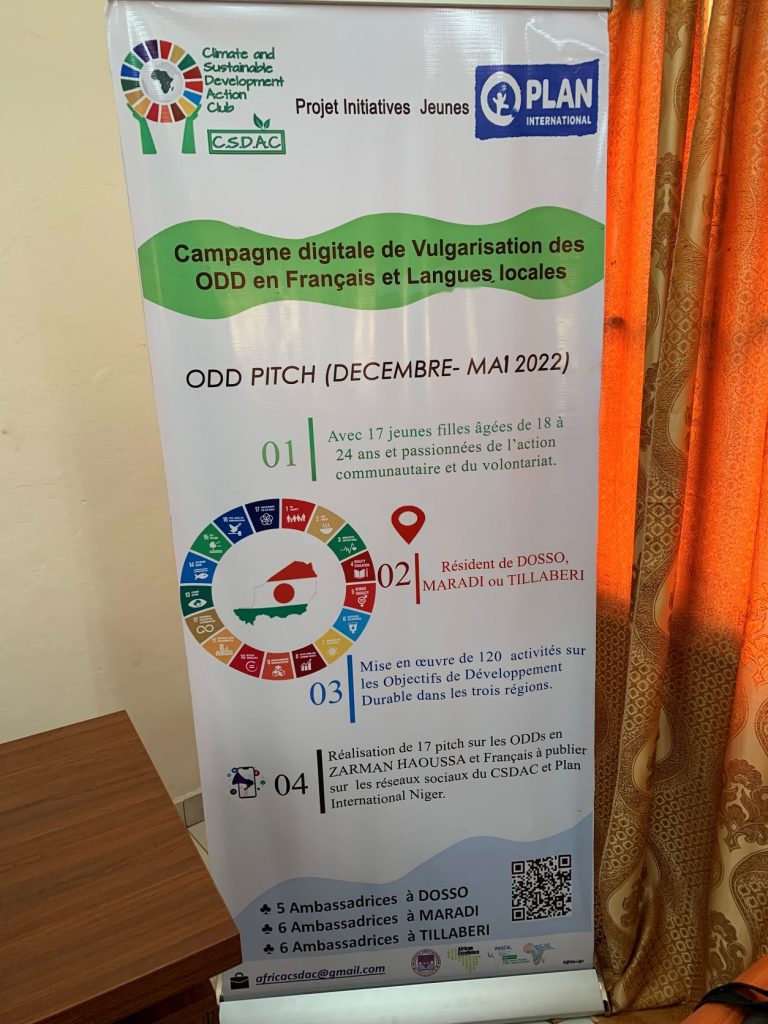
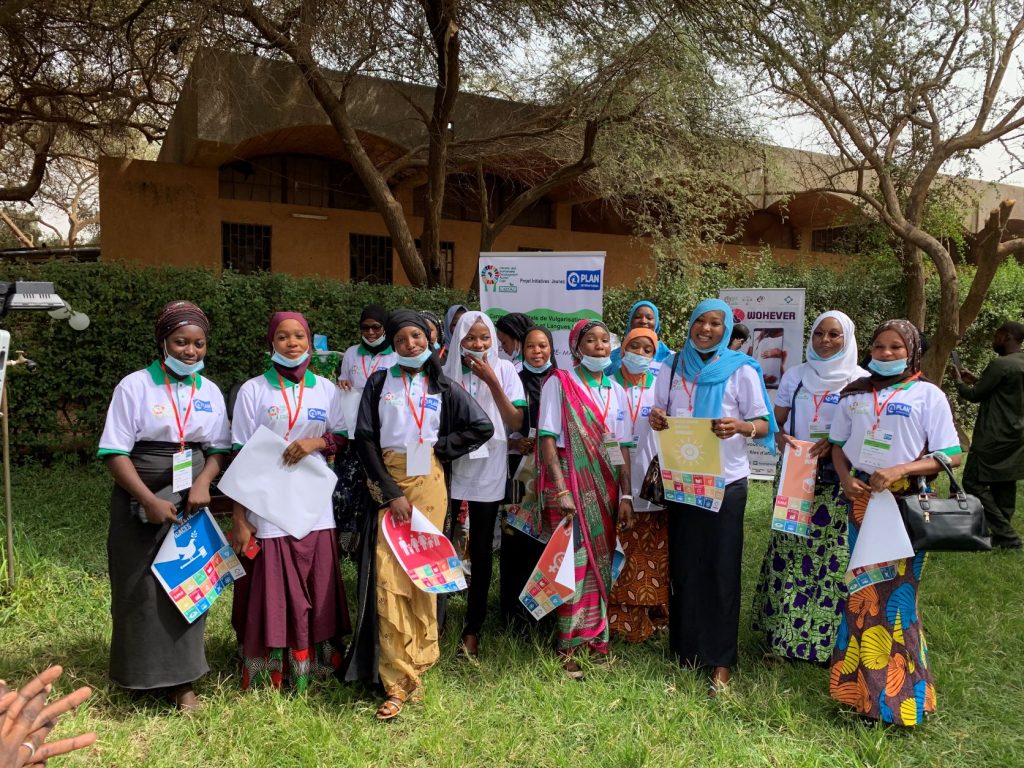
The project “Entrepreneurship and Empowerment of Nigerien Youth in the face of Covid-19” aimed at helping young Nigeriens, especially women cope with some of the effects of the pandemic which hit them hardest, i.e. increasing unemployment rates and economic vulnerability. By training young people on installing, deploying and repairing solar systems for irrigation purposes, the CSDAC aimed at expanding their opportunities in the job market. By building these kind of practical skills, the CSDAC’s actions also contributed to setting up sustainable and clean energy systems in Niger.
Successful fundraising: Granted grant after grant!
CSDAC members have also applied for and acquired a grant by the CoLab program of the French National Research Institute for Sustainable Development. Due to this grant they were able to develop an app (see youtube video here: WOHEVER) which aims to enhance medical care during pregnancy and thereby reduce child and maternal mortality rates. This app has given the students an enormous visibility. Not only among their social media followers and audiences, but also in Nigerien Media outlets (in this video CSDAC is represented by its co-founder Thierry Odou).
Visibility and social media
Further actions with local communities include awareness-raising campaigns, organized both in the form of on-site actions and workshops, as well as online campaigns. Thus, the students have already mobilized for clean-up actions in the campus’ surroundings and for planting trees in order to curb advancing deserts. During the pandemic, however, the focus has been more on online actions: Students have celebrated the World Water Day, the World Environmental Day, the National Day of Nigerien Women. All actions and videos can be watched on their Facebook page.
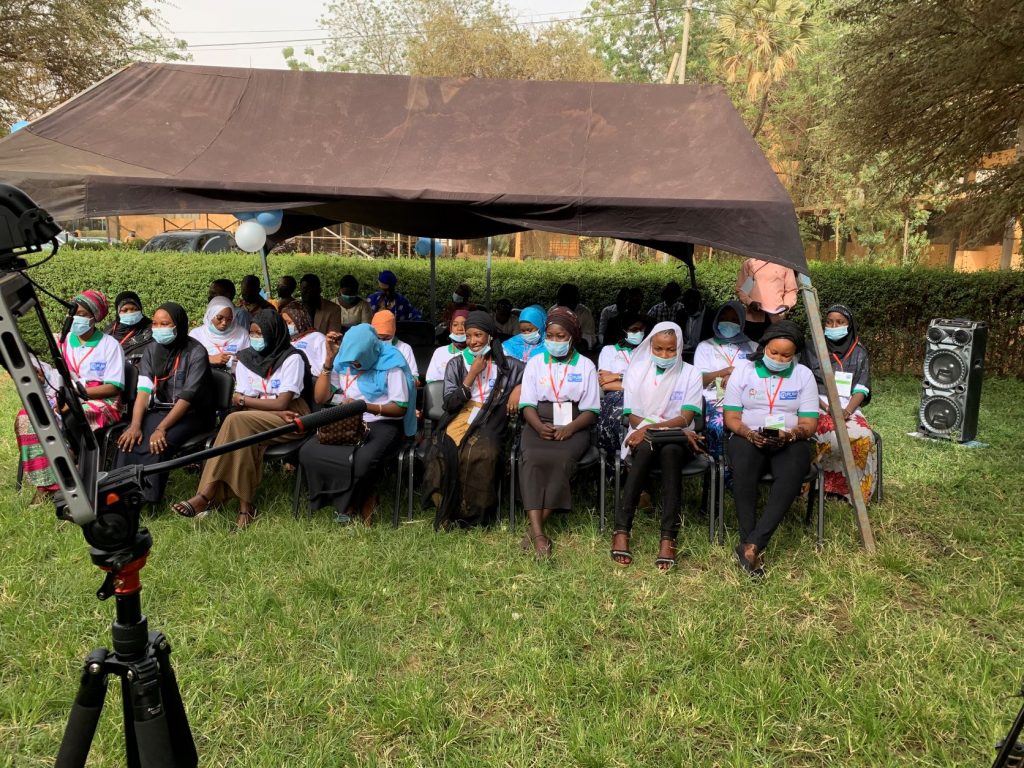
See also previous news item on ZEF’s website here.
Read the blog post by students Lémonla Armel Otekpo and Segbedji Geraldo Favi from December 2021 about their trip to two remote desert villages in Niger where they repaired solar panels.
All photos taken by Nyarko Fletcher
